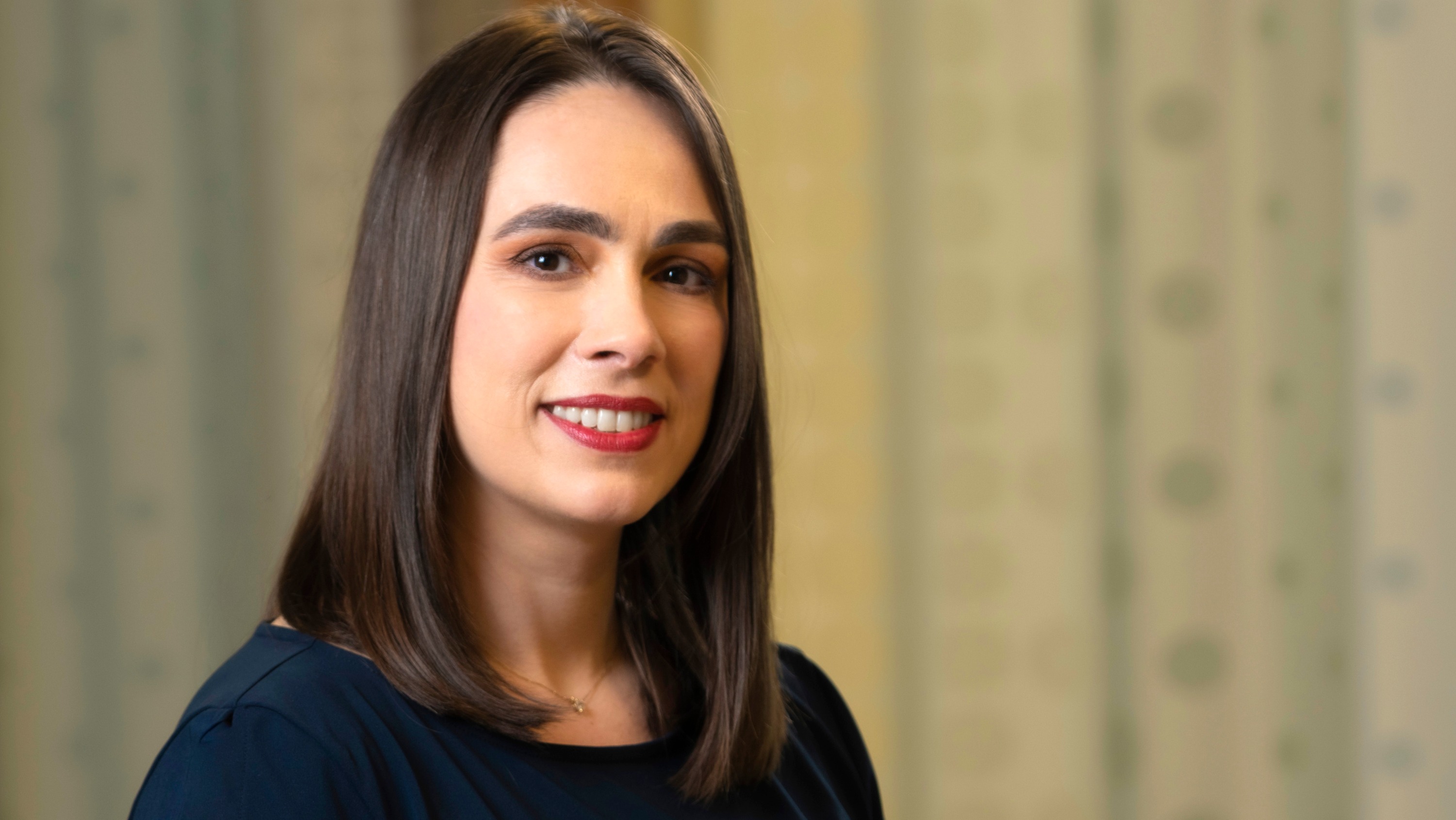It’s inspiring to read about people finding their purpose in life — especially when it’s about making things better for others. Here are just a few stories from this year about University of Alberta researchers, students and graduates driven by a vision of a world that is healthier, safer, more sustainable and more just.
Engineering students take plastic recycling to the next level
Keeping plastic out of landfills is always a laudable goal, but the way the founders of Level 7 Plastics have gone about “declaring war on plastic waste” is ingenuity at its finest.
By diverting hard-to-sort plastics at a facility right at the U of A and turning them into products like desks and even guitars, these entrepreneurial engineering students are showing the potential of in-house innovation for “doing the exact thing that you want to see happen in the world.”
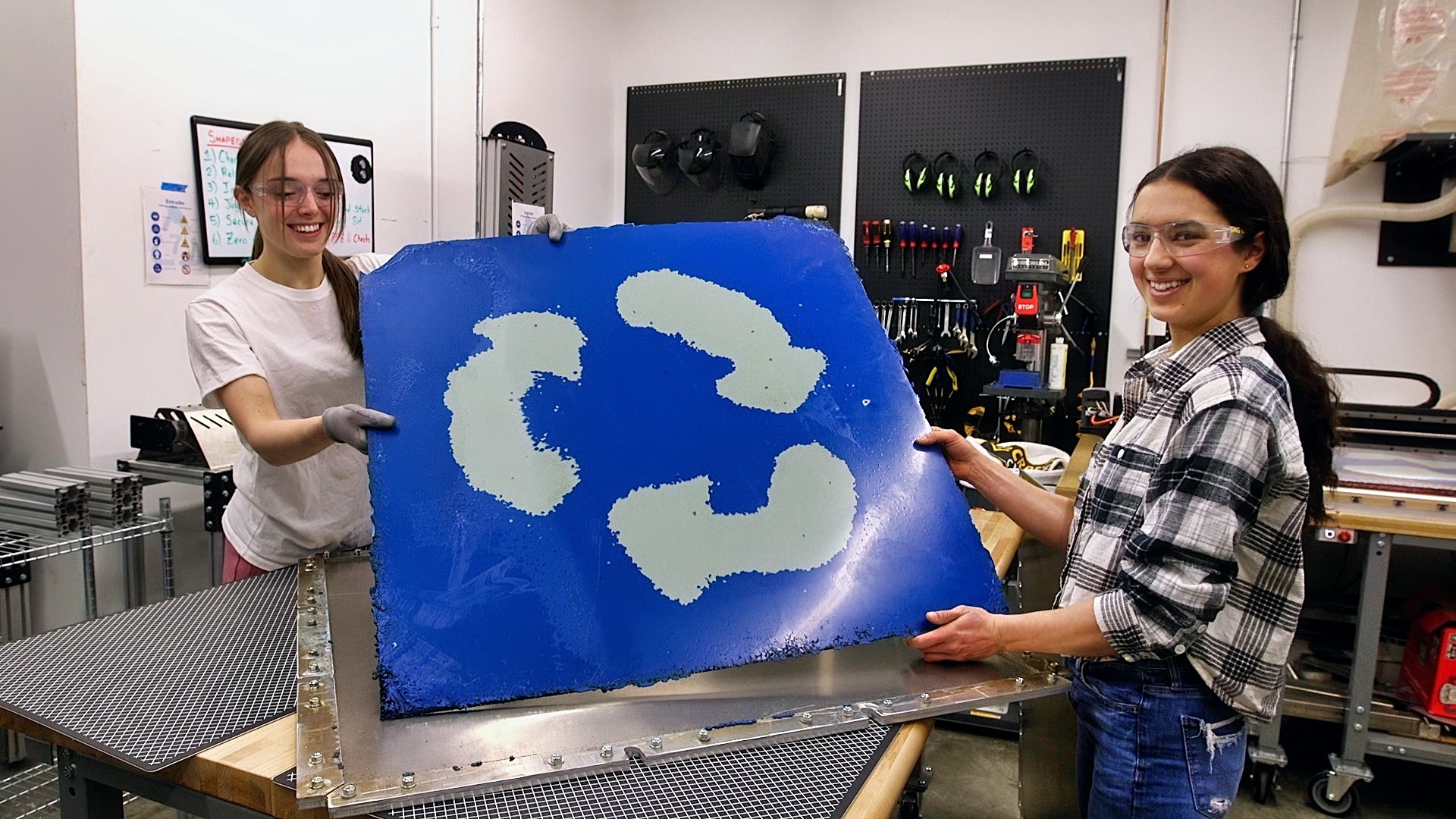
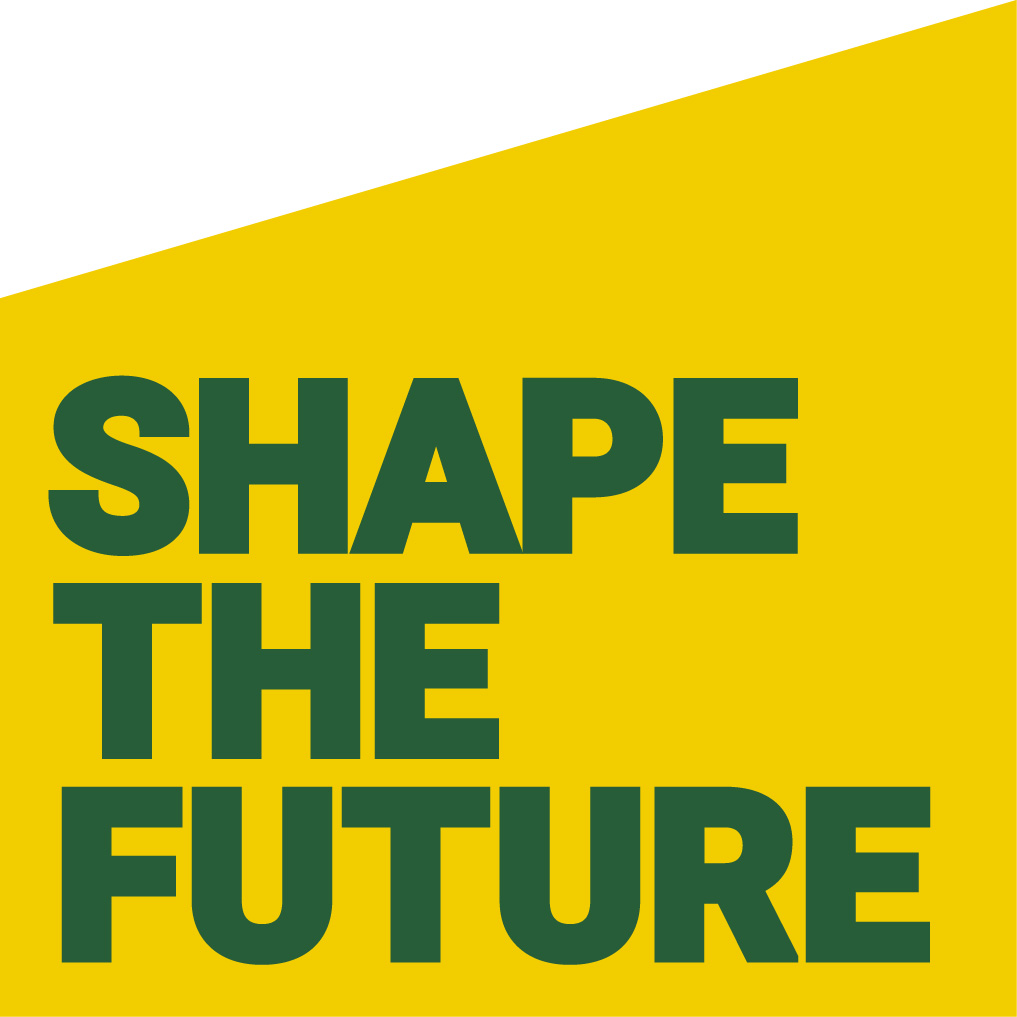
U of A students will shape the future. You can help.
With your support, the next generation of change makers can access the resources, experiences and student spaces they need to tackle today’s challenges and shape a brighter tomorrow.
Find Out MoreDoctoral student’s day in court helps uphold Indigenous child welfare law
For Naiomi Metallic, the stakes couldn’t be higher. She had 10 minutes to make a case to the Supreme Court of Canada in defence of a groundbreaking 2019 federal law granting Indigenous people the authority to write their own child welfare laws. But thanks to her extensive preparation, her academic writing and her determination not to “lose sight of the kids” — along with a whimsical bit of inspiration in the form of pink socks festooned with spirit bears — she was instrumental in the court’s decision to uphold what she calls a genuine act of “legislative reconciliation.”
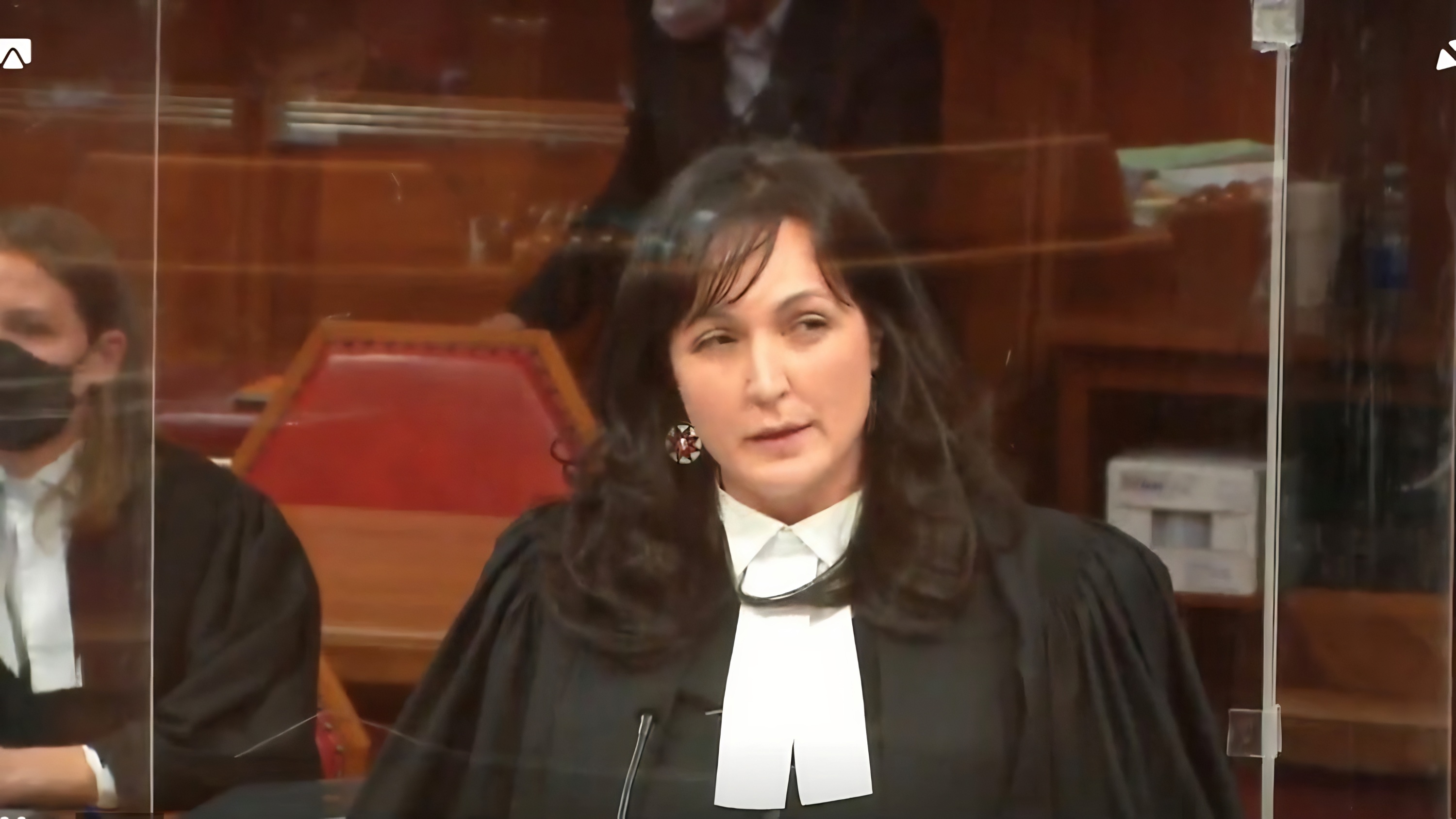
U of A research teams awarded $100 million for pandemic preparedness
What if we could get out ahead of the next pandemic by making vaccines safer, producing more doses for more people around the world, moving new vaccines and antiviral drugs through clinical trials more efficiently once they’re developed, and making diagnostic tests more accurate and accessible? Those are all goals of the PRAIRIE Hub for Pandemic Preparedness, a U of A-led collaboration of leading researchers and industry partners across Western Canada. Along with all that research, the hub will provide learning opportunities for students to help prepare a highly trained Canadian workforce ready to step up when the need arises.
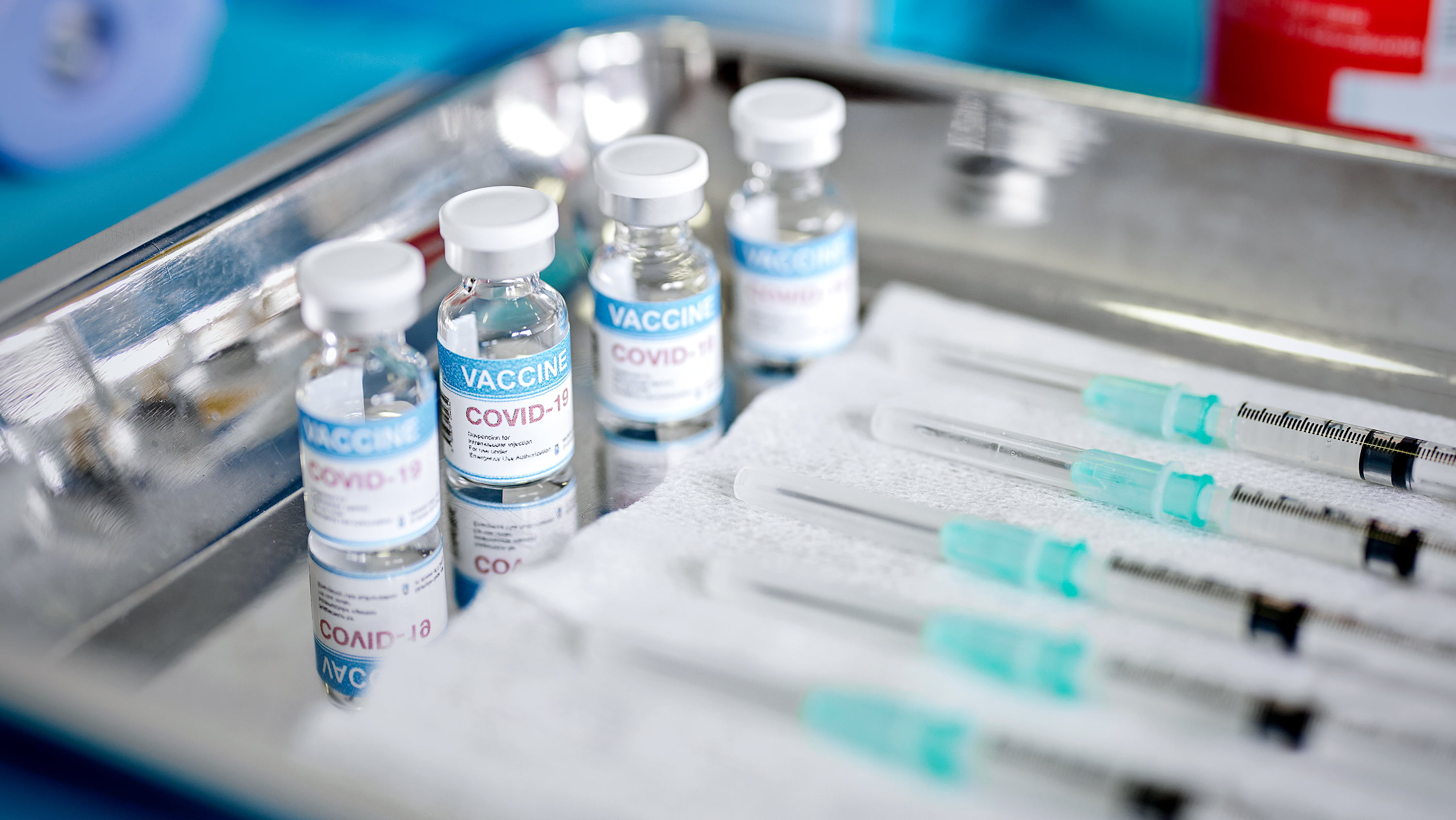
University of Alberta grads contribute $250B to global economy
How much impact can the graduates of a single university have on the world? A lot. According to a survey released this year by Ernst & Young, the U of A’s 300,000-plus grads contribute the equivalent of New Zealand’s GDP to the global economy each year. A significant amount of that contribution happens in Alberta: 71 per cent of grads are employed by organizations based in the province, and alumni-founded companies contribute more than $136 billion to Alberta’s economy, equal to 41 per cent of the province’s GDP. Add in volunteerism, charitable donations and mentoring, and you have an economic, cultural and social juggernaut that will only grow larger as the U of A adds more than 9,000 new graduates every year.
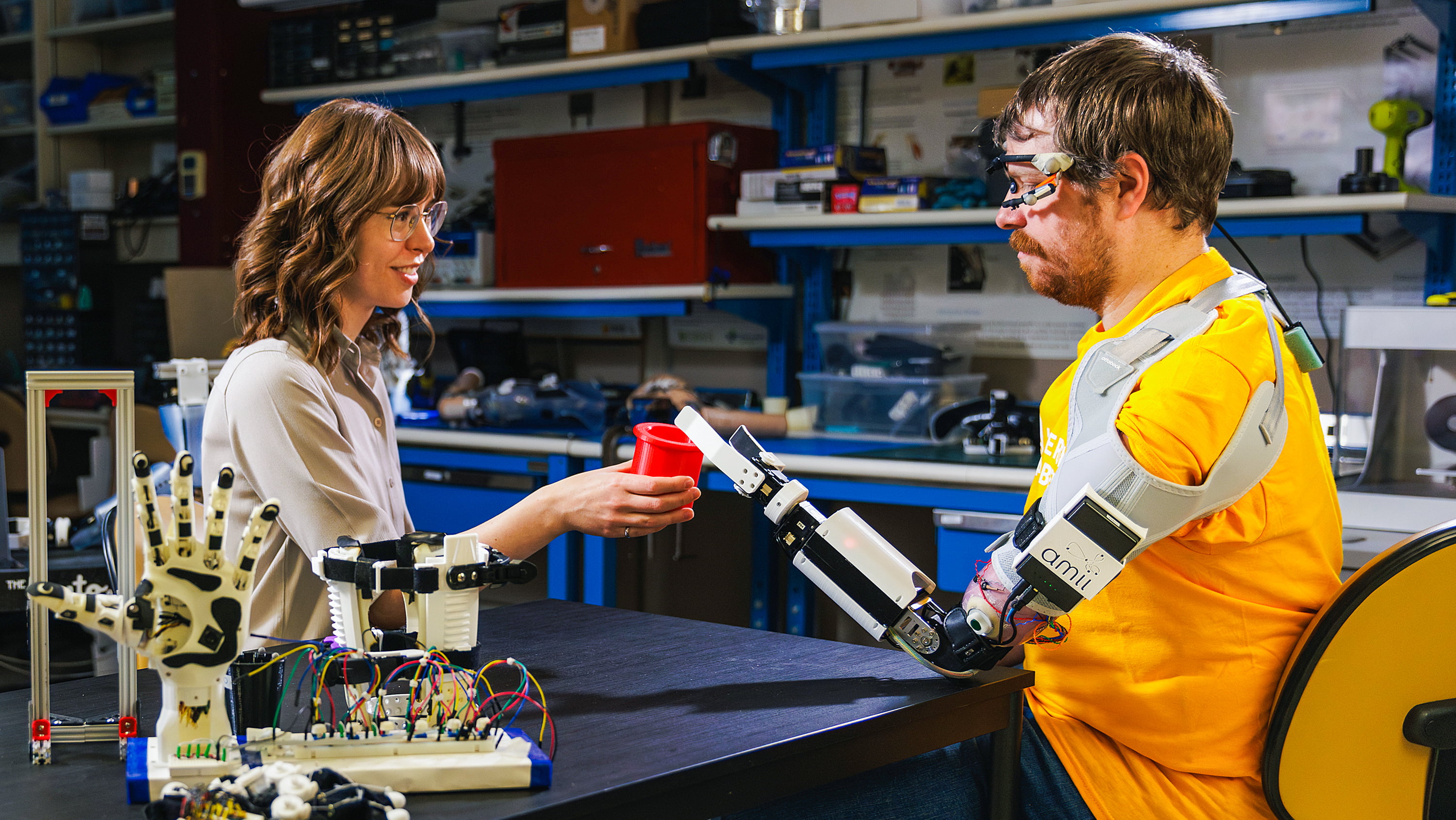
AI project aims to diagnose stroke more accurately so patients can get faster treatment
Of all the countless ways artificial intelligence is changing the world, some of the most promising are coming to a health-care centre near you. By putting the phenomenal pattern-recognition abilities of AI systems to good use analyzing things like brain scans and patient databases, U of A researchers are opening doors to faster diagnosis, streamlined treatment planning, better medical advice and an extra ounce of prevention based on predicting which patients are most likely to need intervention. There‘s even a research team working on an AI tool that takes medical notes to help emergency doctors save time and focus on their patients.
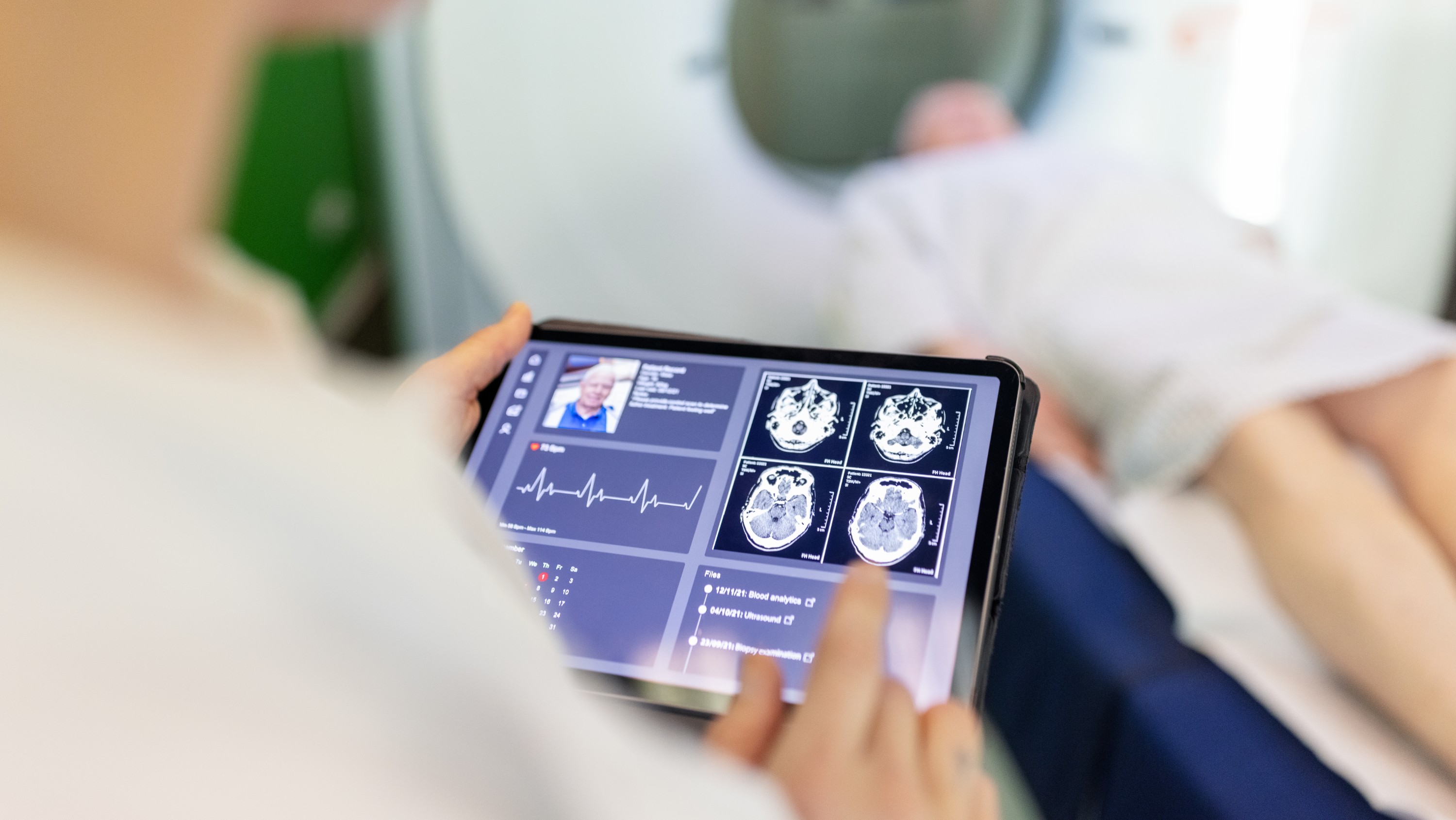
U of A rises 15 places to rank among world’s Top 100, fourth in Canada in latest QS rankings
June got off to a great start for the U of A as it placed in the Top 100 globally and the Top 5 nationally in the 2025 QS World University Rankings, one of the most highly regarded and influential rankings of universities worldwide. Thanks to gains in key indicators including sustainability, citations per faculty, employer reputation and international research, the university improved its standing in a pool of more than 1,500 international institutions and 30 Canadian schools — “an achievement everyone in our U of A community can feel proud of,” as president Bill Flanagan put it. The QS ranking was the latest in a series of strong showings in global rankings for the U of A.

U of A rises to sixth in the world for sustainability impact
Finishing seventh worldwide in last year’s Times Higher Education Impact Rankings was a tough act to follow, but the U of A managed to move up again this year, also placing first in North America in the global ranking of universities making progress toward achieving the UN’s 17 Sustainable Development Goals for 2030. The university also capped off the year by ranking 58th worldwide and fifth in Canada in the 2025 QS Sustainability Rankings, with especially strong showings in environmental education (25th worldwide), environmental research (tied for 30th) and social impact (tied for 33rd). Through a concerted effort to make its own operations more sustainable and a strategic focus on advancing research to tackle global challenges, the university is a leader and a key partner in humanity’s ambitious project to bring about a more sustainable and equitable world.

Drug discovery puts PhD grad on the leading edge of medical science
For Yasser Tabana, coming to the U of A fulfilled a dream that took him from his small hometown in Syria to Malaysia and Canada. Even more remarkable was what he achieved under the supervision of renowned researcher Khaled Barakat — developing a drug that engages the immune system to fight cancer and viral diseases. As if that weren’t enough, he’s now pursuing postdoctoral research with another top researcher, Richard Fahlman, to develop a time-saving blood test for diagnosing autoimmune diseases.
Tabana was just one of the many outstanding grads whose stories inspired us this year.
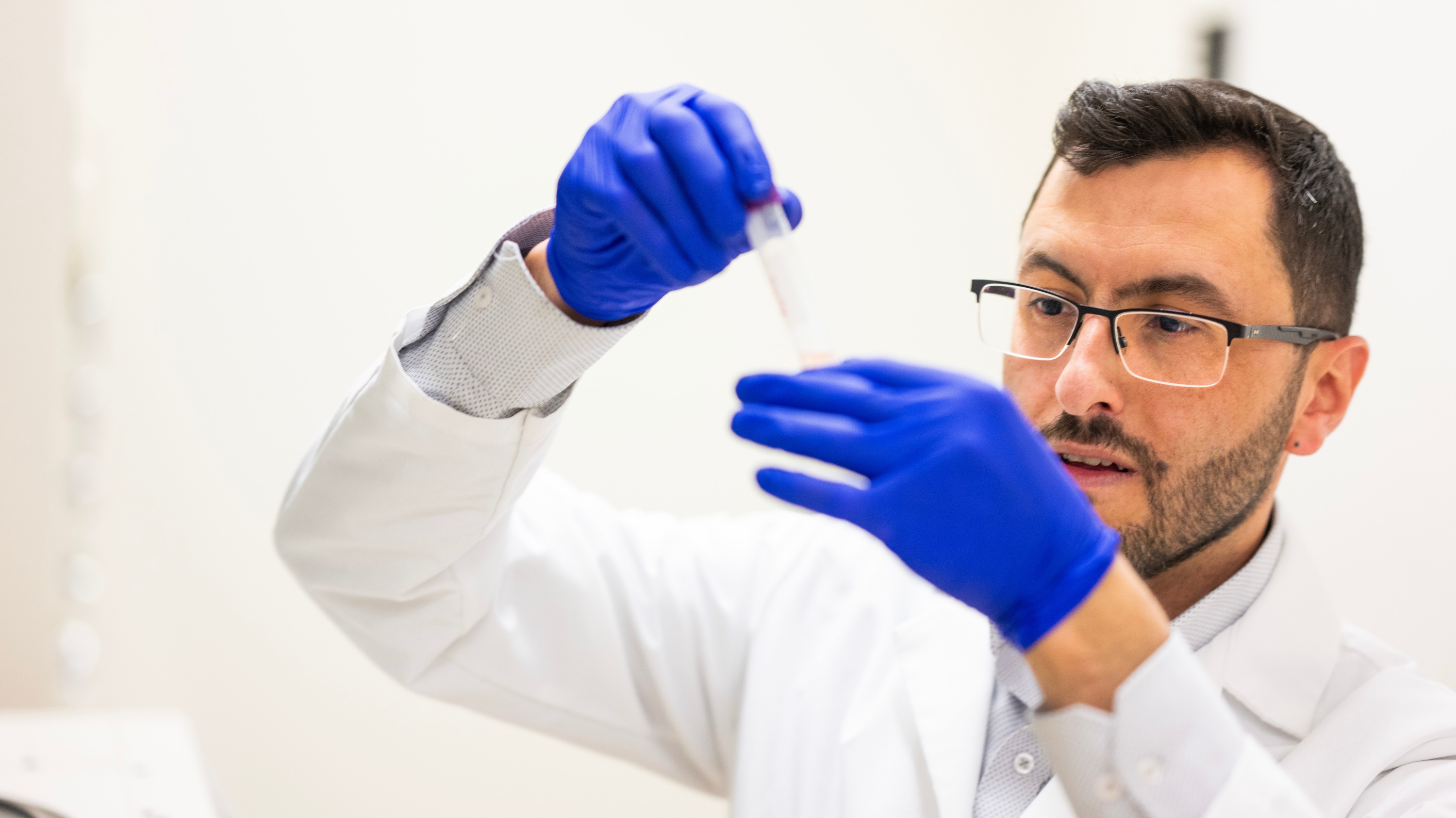

U of A students will shape the future. You can help.
With your support, the next generation of change makers can access the resources, experiences and student spaces they need to tackle today’s challenges and shape a brighter tomorrow.
Find Out MoreThe Mike Petryk School of Dentistry at the U of A honours 1960 grad
From an early age, Mike Petryk understood the value of education. And in a career that spanned more than 40 years after he graduated from the U of A’s dental school, he always put his patients first. So it was only fitting that the school would come to bear his name, thanks to a $10-million donation from Mike and his family that will support research and allow for exceptional student experiences, including providing high-quality dental care for children in underserved populations. “It’s overwhelming and I’m very proud to give something back,” Mike says. “In dentistry, you get to help people and you can see the results of your work. If you like your work, you will go far.”
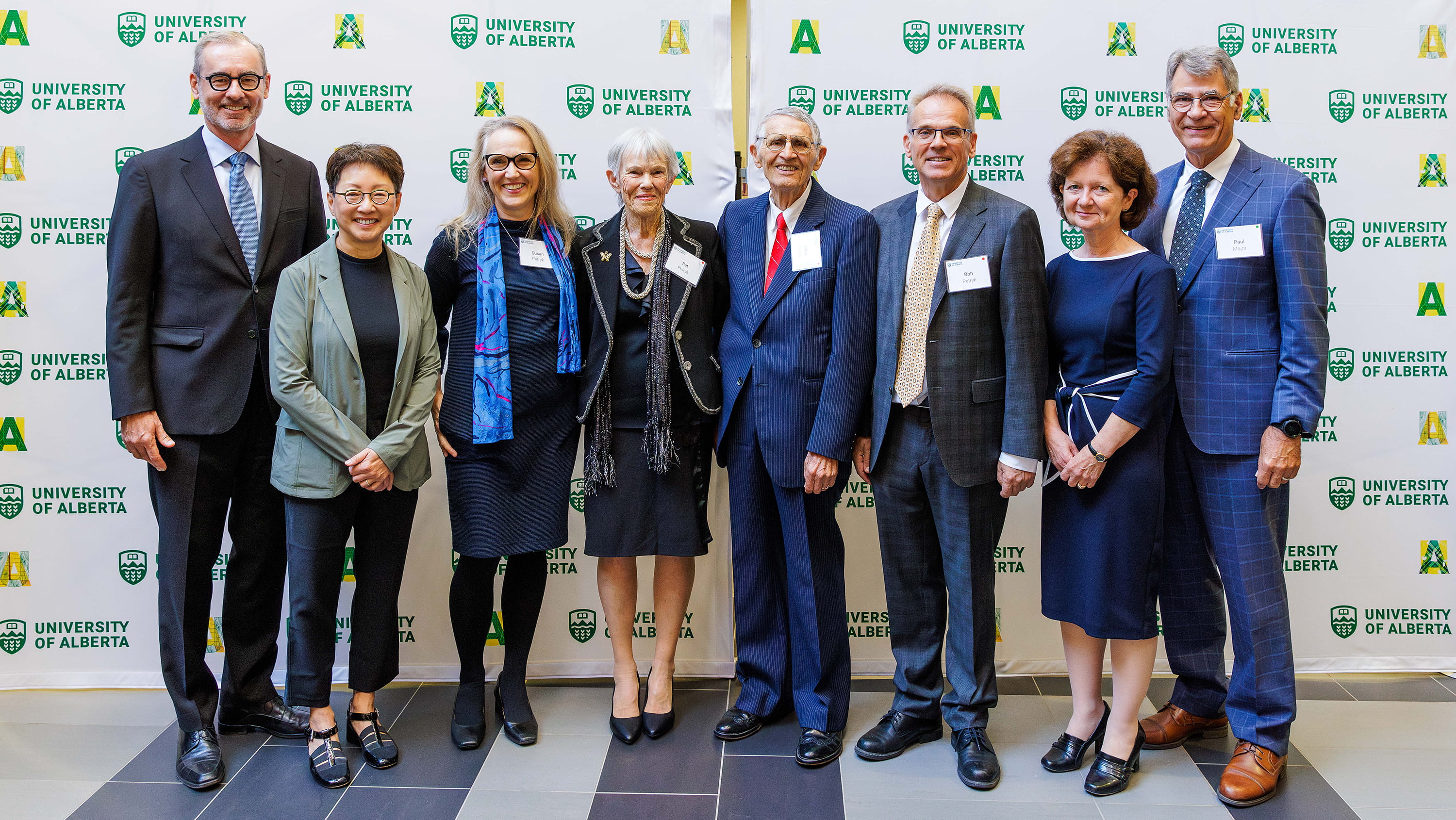
Leading nutrition expert aims to help women tip the scales in their favour against cancer
It’s been a very good year for Carla Prado, a leading researcher looking at how nutrition affects body composition and health. Along with being named a new Canada Research Chair and leading a study showing that eating more protein could help colorectal cancer survivors maintain vital muscle mass, Prado was lead author of a commentary published in The Lancet on emerging research showing that drugs like Ozempic are making people shed muscle along with fat. Along with colleagues like Jason Dyck and Kerry Courneya from across the U of A’s College of Health Sciences, Prado has her finger on the pulse of a nexus of nutrition, cancer, exercise and medicine with profound implications for our health.
